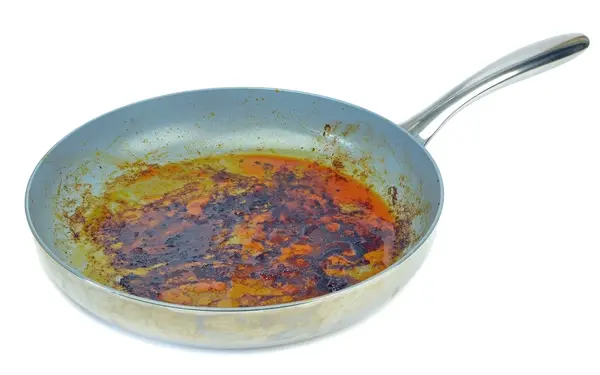Gardening
Proper Ways to Dispose of Cooking Oil and Grease

Disposing of cooking oil correctly protects your plumbing and the environment. Learning proper methods will help you avoid costly repairs and reduce waste.
Why Safe Oil Disposal Matters
Incorrect oil disposal can cause serious issues:
- Plumbing Damage: Oil solidifies in pipes, leading to clogs and blockages.
- Environmental Harm: Oil contamination disrupts water systems and harms aquatic life.
Steps to Dispose of Cooking Oil
1. Cool the Oil
Allow the oil to cool completely before handling it. This step prevents burns and keeps containers safe.
2. Choose a Suitable Container
Pour cooled oil into a sturdy container like a jar or old detergent bottle. Seal the container tightly to avoid leaks.
3. Dispose of the Oil
Once sealed, place the container in your trash. For large quantities, consider filling the container before discarding it.
Recycling and Composting Options
Recycling Cooking Oil
Some areas offer oil recycling programs that convert oil into biodiesel. Check local waste management resources for options.
Composting Small Amounts
Add small amounts of vegetable oil to compost bins. Avoid composting animal fats or large quantities to prevent pest issues.
Reusing Cooking Oil
Strain and Store
After cooking, strain the oil using a fine mesh to remove food particles. Store the clean oil in a sealed container in a cool place.
Know When to Discard
Dispose of oil if it smells rancid, turns sticky, or appears cloudy and dark.
Eco-Friendly Tips to Reduce Oil Waste
- Try Oil-Free Cooking: Use steaming, baking, or air frying instead.
- Use Reusable Filters: Filters can extend your oil’s lifespan, reducing waste.
Conclusion
By following these methods, you can safely dispose of cooking oil while protecting your home and the environment. For more useful tips and news, explore our website today.
